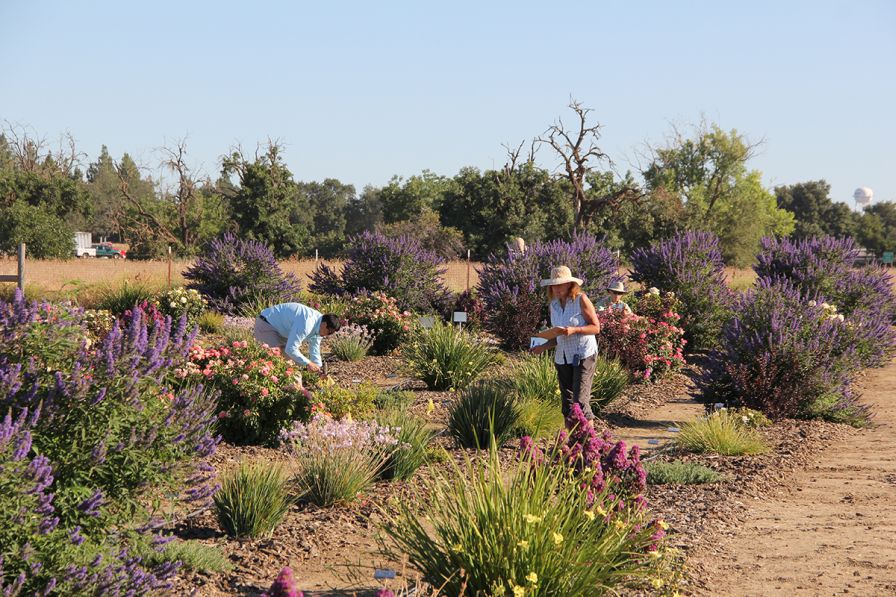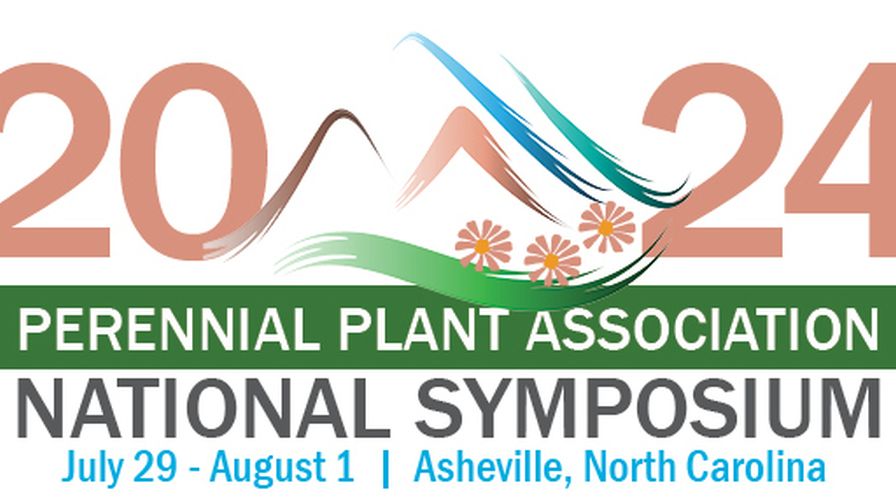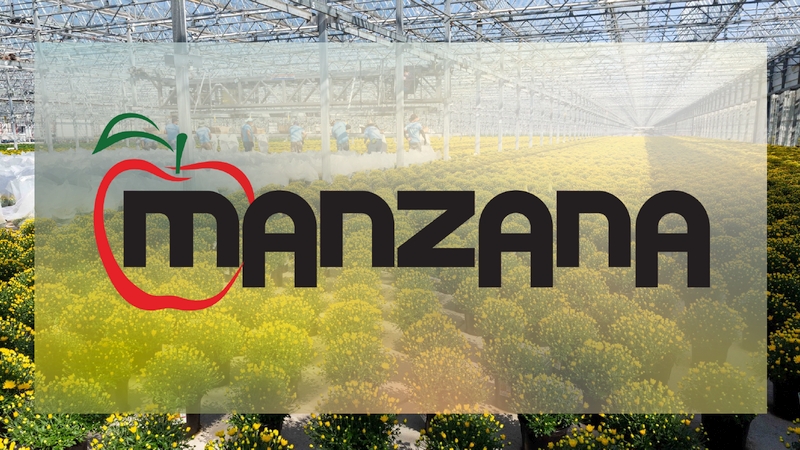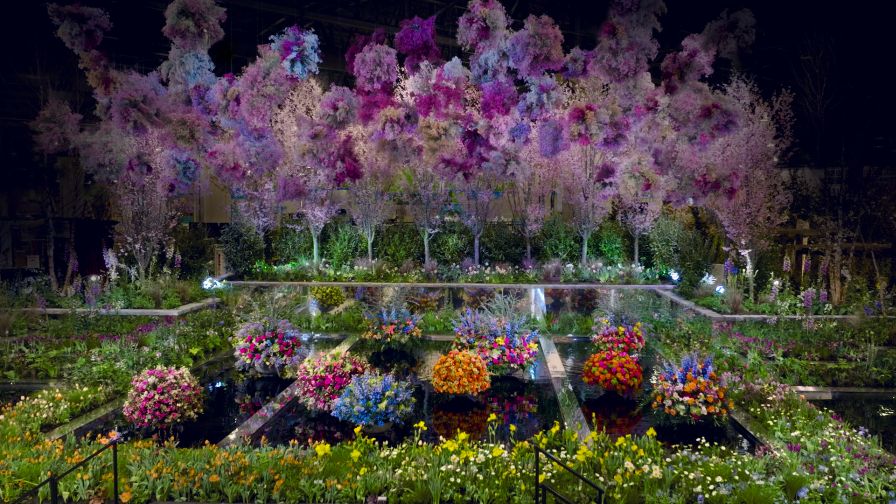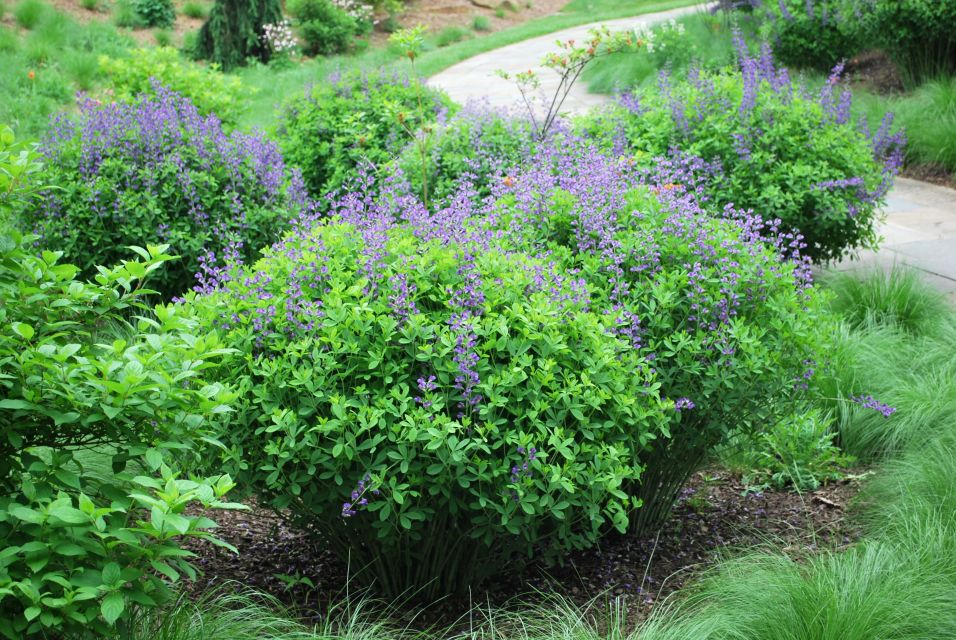National Garden Bureau Hosts Virtual SeedFacts Panel Discussion
National Garden Bureau recently hosted an online discussion panel, SeedFacts, to discuss the high demand for seed as well as shortages on retail shelves of certain varieties.
The seven panelists answered questions from the chat and gave some insights into what they are seeing with the supposed seed shortages. Here is what you need to know.
The Panelists
The panelists were:
- Nathan Zondag, Vice President of Operations at Jung Seed Company
- Curtis Jones, Co-Founder and President of Botanical Interest Seeds
- Judy Seaborn, Co-Owner of Botanical Interest Seeds
- Jeannine Bogard, Home & Garden Vegetable Lead at Syngenta Vegetables
- Marissa Verdi, Vice President of Harris Seeds
- Nick Pucci, North America East Customer Marketing Manager at Bayer CropScience
- David Mehlhorn, Co-CEO of Johnny’s Selected Seeds
The Seed Shortage is More of a Labor Shortage
One topic reiterated throughout the panel was that the seed shortages are due to labor rather than low seed yields.
“Labor is the biggest problem, especially in a rural community like mine,” says Nathan Zondag, Vice President of Operations at Jung Seed Company. “COVID-19 also makes things more complicated.”
“I would not necessarily say there is a seed shortage,” says Jeannine Bogard, Home & Garden Vegetable Lead at Syngenta Vegetables. “There is plenty of seed to go around, but it might not be in the specific variety someone is looking for at that moment in time.”
The Average Age of New Gardeners has Dramatically Fallen
One item brought up by the panelists was that the average age of new gardeners has dropped. The industry has needed to catch up with their demands as well.
“The numbers last season have shown we have nine million new gardeners, and there will be even more this year,” says Curtis Jones, Co-Founder and President of Botanical Interests Seeds. “The average age of gardeners has fallen considerably, and I think you are going to see more of an interest in organics because of that age decrease.”
“The new growers are so excited to grow, and their enthusiasm is great,” Bogard says. “This is really a boom for our industry, and the enthusiasm is there.”
Patience Is Key
With everything going on in the seed market, the panelists said it is best to order early and be patient. They also recommended keeping customers informed but not panicked to avoid any seed hoarding.
“You don’t want to tell consumers to buy their seed now because we are going to run out. They are going to start hoarding it if you say that,” Jones says. “You have to balance what you tell your customers carefully.”
“I do suggest customers and growers turn in their orders early and be patient,” says Judy Seaborn, Co-Owner of Botanical Interest Seeds. “Tell consumers to expect some out-of-stock varieties, and if the variety they are looking for is out of stock, show them a substitute. Gardeners and growers alike should be flexible with varieties.”




